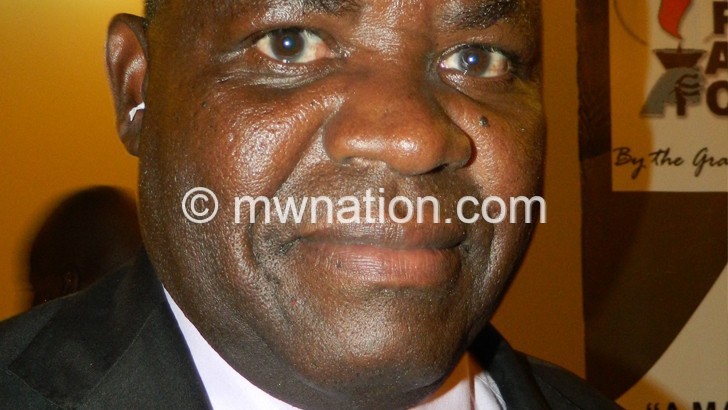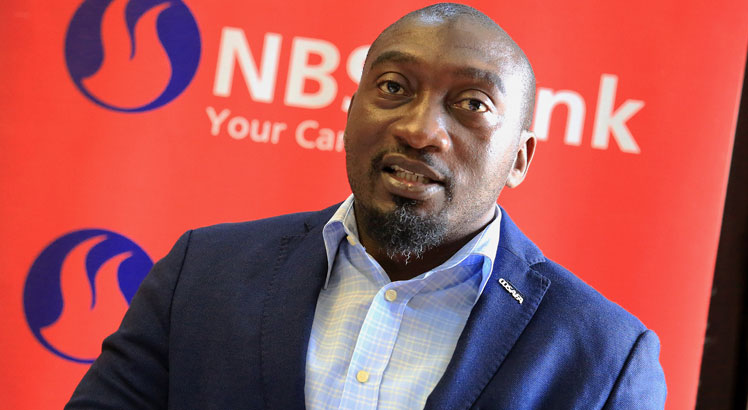Blame game on Police Complaints Commission
Nine years after the Malawi Police Act proposed establishment of an Independent Complaints Commission to investigate complaints by the public against Malawi Police Service, the country is yet to have the commission in place.
Parliament’s Public Appointments Committee (PAC), which is supposed to constitute the grouping as per Section 128 of the Police Act, has blamed the Executive for not submitting names of people to be considered for appointment into the commission. The committee has also expressed concern over the effect of its absence.

PAC chairperson Lingson Belekanyama said Chief Secretary to the Government Lloyd Muhara was better- placed to explain why the commission was yet to be set up. He said the Office of the President and Cabinet (OPC) had not yet submitted names of possible commissioners to his office.
He said: “We have just been waiting from the Chief Secretary to give us names of people so that we look at them and move on.
“We know there are many challenges facing the public due to the absence of that commission. Let the Chief Secretary explain.”
Muhara did not pick up his phone when we contacted him on several occasions yesterday. He later sent a text message that he would call back, but did not by press time. Minister of Information and Communications Technology Henry Mussa, the official government spokesperson, could also not be reached for comment.
Malawi Law Society (MLS) and some civil society organisations (CSOs) have since pointed out that the absence of the commission is leading to impunity by the police.
Section 128 of the Police Act established the Independent Complaints Commission to receive and investigate complaints by the public against police officers and the service in general.
Reads the provision in part: “The functions of the Commission shall be-(a) to receive and investigate complaints by the public against police officers and the Police Service; (b) to investigate death or injury as a result of police action; and (c) to in investigate all deaths and injuries that occur in police custody.”
In Section 131, the Act stresses that the commission should be independent and that no organ of the State and no member or an employee of an organ of the State must interfere with its work.
Nominations for appointment to the commission are supposed to be received from the public following public advertisement, and the successful candidate, a legal practitioner, is supposed to be appointed by PAC.
In an interview yesterday, MLS honorary secretary Martha Kaukonde said her grouping is concerned that since the commencement of the Police Act, 2010, there has been no attempt to appoint the Independent Complaints Commission.
She said PAC has reneged on its duty and that this has proven to be costly to the public as they have no channel to lodge their complaints against the police.
Said Kaukonde: “This has also resulted in impunity by the police since the ills that were noted at the time the Act was enacted are still not cured nine years later. The scenario is not acceptable and there is need to have the Commission in place as a matter of urgency.”
She said that having a law that cannot be enforced is as good as having no law at all as it defeats the whole purpose or objectives that the law intended to achieve.
Consequently, due to the absence of the commission, CSOs have resorted to taking matters to the Police Service Commission which, however, has a different mandate altogether.
For instance, Youth and Society (YAS) took complaints on the food rations deal at police to the Police Service Commission, so too Human Rights Defenders Coalition (HRDC) which has taken the death in police custody of Buleya Lule, a suspect in the abduction of a boy with albinism from Dedza, to the same.
YAS executive director Charles Kajoloweka said the absence of the Complaints Commission is an abdication of State obligation to strengthen human rights redress mechanisms.
He said: “It is a deliberate effort to inhibit accountability of the Malawi Police Service. An attempt to systematically cover up criminal atrocities committed by police and authorities.
“The recent murder of Buleya is just one of many atrocities committed by the Police without being held accountable. One tends to wonder what the Public Appointments Committee of Parliament is doing on the matter.”
HRDC chairperson Timothy Mtambo said the absence of the commission makes the police susceptible to abuse.
He said: “We wonder why there is no political will to do this because Malawi committed itself in 2010 during the Universal Periodic Review that they will institute the Independent Complaint Commission, but there is nothing to date.”
In 2016, at least 27 students at Chancellor College in Zomba, a constituent college of the University of Malawi (Unima), submitted their names as victims of police brutality during protests over fee hike by the Unima Council.




